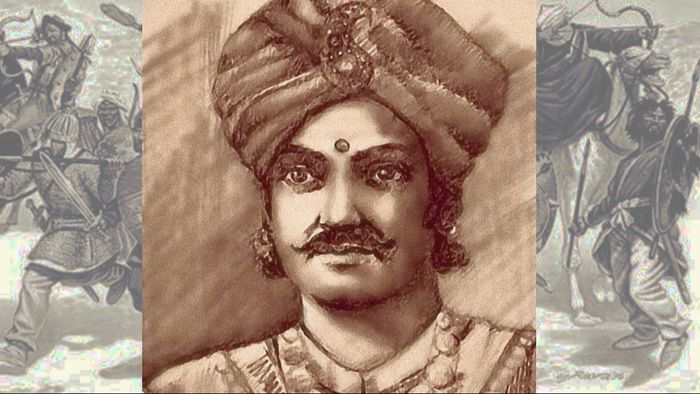Mahavijay diwas: Remembering the forgotten hero of Assam, Maharaja Prithu
Maharaja Prithu's strategic victory over Bakhtiyar Khilji on Mahavijay Diwas preserved Assam's cultural heritage. A national symposium was held to commemorate this historic event.

- Mar 27, 2024,
- Updated Mar 27, 2024, 7:09 PM IST
Today, on the historic "Mahavijay Diwas," we commemorate the remarkable victory of Maharaja Prithu of Kamarupa over the notorious Turkish invader Bakhtiyar Khilji, 818 years ago. On the 13th day of Chaitra, saka 1127, CE 1206, Prithu's valiant stand against the marauding forces of Bakhtiyar Khilji not only defended the ancient land of Assam but also opposed the Islamic invasion, safeguarding the rich cultural heritage of North East India. He annihilated Bakhtiyar Khilji, a notorious Turkish invader who was infamous for burning the famed Vikramshila and Nalanda Universities.
Maharaja Prithu, often overshadowed in the annals of India's history, emerged as a pivotal figure who altered the course of our past. His legacy, though less discussed, resonates through time, epitomizing courage and resilience in the face of adversity.
To honor this significant event, a National symposium titled “Maharaja Prithu: The Warrior King who annihilated Bakhtiyar Khilji” was convened at the Anundoram Borooah Institute of Language, Art, and Culture. Distinguished academicians, researchers, and historians gathered to reflect on Prithu's decisive victory and its enduring impact on Assam's history.
Dr. Sunil Mohanti, Assam’s Kshetra Prachar Pramukh of Rashtriya Swayamsevak Sangh (RSS), shed light on King Prithu’s strategic prowess in defeating Khalji’s army, emphasizing his pivotal role in safeguarding the region from foreign aggression.
The last part of the 12th century is very significant in the history of Kamrup. It witnessed the rise of a local chief by the name Prithu. In a Persian chronicle called Tabaqat-i-Nasiri, Prithu is mentioned, referred to as Bartu. It extensively talks about Bakhtiyar Khilji's invasion of Kamarupa. It describes how Khilji's powerful army was defeated in Kamarupa in 1206. The book credits Prithu, also known as Bartu, for defeating Khilji's army and causing the death of over 120,000 Muslim soldiers. This event is also mentioned in the Kanai Basasi Rock Inscription located in North Guwahati.
Maharaja Prithu, born to the Chandravanshi ruler Vallabha Dev of Kamrupa, ascended to the throne in 1185 CE. He faced with the daunting task of ruling a vast empire amidst looming foreign threats, Prithu exhibited exemplary leadership and military acumen.
His triumph over Bakhtiyar Khilji, who had wreaked havoc in Bihar and Bengal, showcased Prithu's commitment to defending his people and their heritage. By repelling the Turkish invasion, Prithu preserved Assam's cultural integrity and thwarted the destruction of renowned centers of learning in India like Nalanda and Vikramshila.
Despite Prithu's valorous efforts, his reign faced subsequent challenges, including another invasion in 1228 AD led by Nasir-ud-din Mahmud. Although Prithu ultimately fell in battle, his legacy endured, inspiring generations to come.
Maharaja Prithu's legacy extends beyond his victory over Bakhtiyar Khilji. His reign was marked by steadfast commitment to his people and their well-being, exemplifying the qualities of a just and visionary ruler.
While Prithu's ultimate defeat in battle against Nasir-ud-din Mahmud in 1228 AD marked the end of his reign, his legacy endures, inspiring future generations to uphold the values of courage, resilience, and unwavering dedication to the defense of their homeland.
The commemoration of Mahavijay Diwas serves as a poignant reminder of the sacrifices made by Bharatvarsha's unsung heroes to uphold dharma and righteousness. While many tales remain untold, Maharaja Prithu's triumph continues to echo through the corridors of history, immortalizing his indomitable spirit and unwavering resolve.